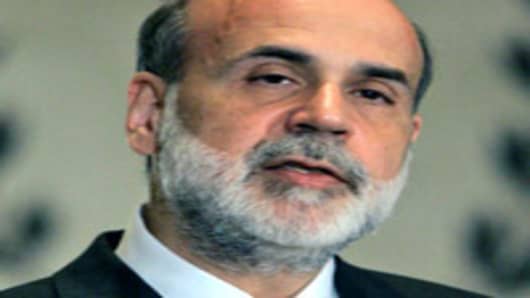U.S. health care costs are likely to claim a bigger share of household spending in years to come, pressuring the government to absorb more health care costs, Federal Reserve Chairman Ben Bernanke said.
"At some point, health-care spending as a share of (gross domestic product) will stop rising, but it is difficult to guess when that will be, and there is little sign of it yet," he said in comments prepared for a health care conference organized by the Senate Finance Committee.
Rising health care costs will affect government decisions about spending and taxation, Bernanke said.
"Higher government spending on health-care spending will, of necessity, require reductions in other government programs, higher taxes, or larger budget deficits," he said.
Bernanke said rising medical costs are likely to restrict access to health care for lower income people, because both doctors' fees and health insurance will become unaffordable.
To buffer the effects of rising health care costs on household budgets, the government may have to absorb an increasingly large share of the bill for those costs, he said.
This will put "even greater pressure on government budgets than official projections suggest," he added.
But he cautioned that problems facing the complicated U.S. health care system will require a range of solutions.
"We should not expect a single set of reforms to address all concerns," he said. "Rather, an eclectic approach will probably be needed."


